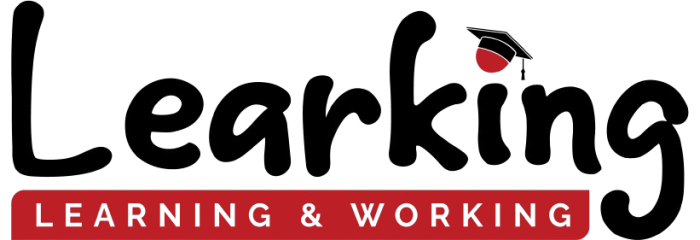The decision to pursue higher studies is a significant one, often fraught with uncertainty and excitement. In today’s competitive world, a higher education qualification can be a powerful tool to unlock countless opportunities. However, navigating the complex landscape of higher education can be daunting, especially for those who are new to the process.
This comprehensive guide aims to equip you with the knowledge and tools you need to make informed decisions about your higher education journey. We will delve into key factors to consider, effective strategies for academic success, and tips for choosing the right institution.
Understanding Your Academic Goals
The first step in your higher education journey is to clearly define your academic goals. To do this, it’s essential to engage in a process of self-reflection:
- Identify Your Strengths and Weaknesses: Understand your academic strengths and weaknesses to choose a field of study that aligns with your abilities.
- Align Goals with Career Aspirations: Consider how a higher education qualification will contribute to your long-term career goals.
- Set SMART Goals: Set specific, measurable, achievable, relevant, and time-bound goals to stay focused and motivated.
Choosing the Right Institution
Once you have a clear understanding of your academic goals, the next step is to choose the right institution. Here are some key factors to consider:
- Reputation: Research the institution’s reputation, academic standards, and faculty expertise.
- Location: Consider the location of the institution and its proximity to your desired job market.
- Program Offerings: Ensure that the institution offers the specific programs and courses that align with your academic goals.
- Cost: Evaluate the tuition fees, living expenses, and financial aid options available.
The Application Process
The application process for higher education can be time-consuming and competitive. Here are some tips to increase your chances of success:
- Prepare Your Application Materials: Gather all the required documents, including transcripts, letters of recommendation, and 1 personal statements.
Higher education can be challenging, but with effective strategies, you can overcome any obstacles and achieve academic success:
- Effective Time Management: Develop a realistic study schedule and prioritize tasks.
- Improve Study Habits: Experiment with different study techniques, such as active reading, note-taking, and mind mapping.
- Manage Stress and Anxiety: Practice relaxation techniques, such as meditation and yoga, to reduce stress and anxiety.
- Seek Academic Support: Don’t hesitate to seek help from professors, tutors, or academic advisors.
Navigating the academic maze requires careful planning, hard work, and dedication. By following the tips and strategies outlined in this guide, you can increase your chances of achieving your higher education goals.
Remember, higher education is an investment in your future. Embrace the challenges, stay focused, and strive for excellence Write a Strong Personal Statement: Craft a compelling personal statement that highlights your unique qualities, academic achievements, and career aspirations. Meet Deadlines: Ensure that you submit your application well before the deadline to avoid any last-minute rush.
Prepare for Interviews: Practice common interview questions and be ready to articulate your reasons for choosing the institution and your academic goals.
